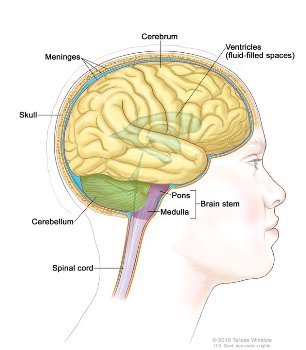Findings from a study just published in Nature Communications reveals that the lipid (fat) from the membranes of brain cells controls the movement of vesicles containing chemical messengers called neurotransmitters.
QBI's Associate Professor Frederic Meunier, who led the study, says these findings were made possible through experimentation with very selective compounds affecting the membrane.
"Our findings explain how minute changes in the lipid composition of our neurons can have a dramatic effect on the way these cells communicate with each other in the brain," he says.
"We found that the lipid phosphatidylinositol(4,5)bisphosphate orchestrates the mobilization and movement of secretory vesicles towards the plasma membrane of neurosecretory cells."
According to Associate Professor Meunier, a better understanding of the mechanism underpinning neurotransmitter release will aid scientists' ongoing fight against the plethora of diseases affecting neuronal communication in the brain.
"Changes in lipid composition have already been shown to be a factor contributing to the development of dementia in Alzheimer's disease," he says.
"We hope that developing novel compounds targetting the fat lipid composition of biological membranes could ultimately help in the treatment of such brain disorders."
The study was carried out in conjunction with colleagues from The University of Queensland's School of Biomedical Sciences, Flinders University in South Australia, the Centre for Cell Signalling within the Institute of Cancer in London, the Australian Centre for Blood Diseases in Melbourne's Monash University and the Max Planck Institute of Biochemistry in Germany.







-160x160-state_article-rel-cat.png)








